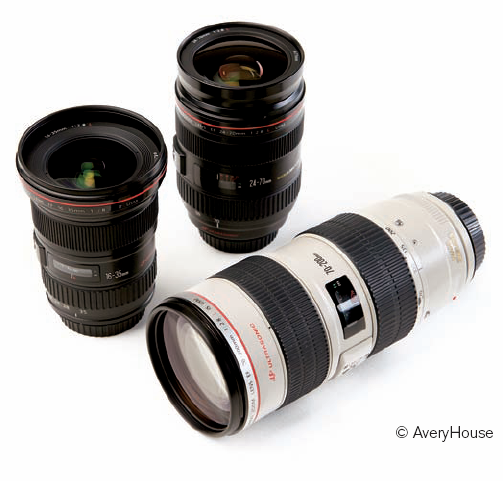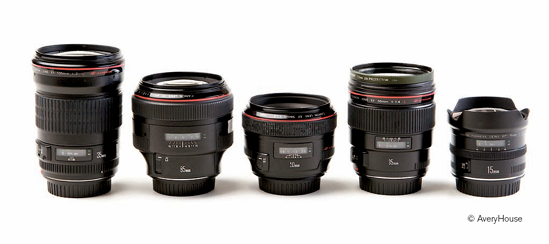So far, in this book we have covered which photos to take, what to expect during different parts of the ceremony, and even the post-production workflow and presentation of images. But it wouldn't be complete if I didn't share the path that led me to where I am today. On my journey into wedding photography, I have made plenty of mistakes. I have also learned first hand what works and what doesn't.

Of all the advice I can give, not just to wedding but all photographers, two things come to mind. The first is to be willing to give before you receive. Life works in a cycle: whatever you invest in, will come back to you ten fold. Many people are willing to give IF they receive, but sometimes it takes sacrifice to reach out first. We may not get the results we expect, but often, good things will surprise us in return. The second is to treat each client and each shoot as the most important one ever. It makes no difference if the subject isn't a rich and famous celebrity. Treat them as if they are and pour your heart and soul into their event. They'll be happy, and you'll get better images and develop a good reputation. I have developed my business based solely on relationships. The clients I meet today are my friends tomorrow. They are my biggest advocates and fans of my work. As your list of clients grows, so will your network and relationships.
My wedding photography philosophy is very simple; I bring who I am as a person to the wedding, to my photography and to the way I relate to the couple. I used to regret not starting as a photographer earlier. Then it occurred to me that the images I produce today come from the way I look at life and the experiences I have had.
The truth is photographing weddings isn't the right fit for everyone. It takes a certain personality type and a lot of really HARD WORK. Anyone who wants to be a wedding photographer needs to be honest with himself or herself whether wedding photography suits his or her style and work ethic. It requires being good with people, being open and friendly, and certainly not being afraid of hard work and long hours. The bottom line: to be a wedding photographer you need to trust in yourself and be passionate pursuing your vision.
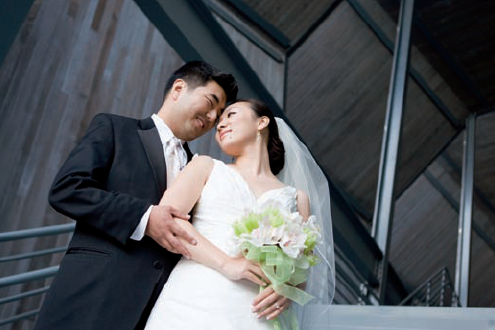
Networking is fundamental to growing any type of business. This is especially true of wedding photography. To be successful, you need to network and connect with as many people as possible. Building relationships today can lead to long lasting friendships and potential clients or referrals down the road.
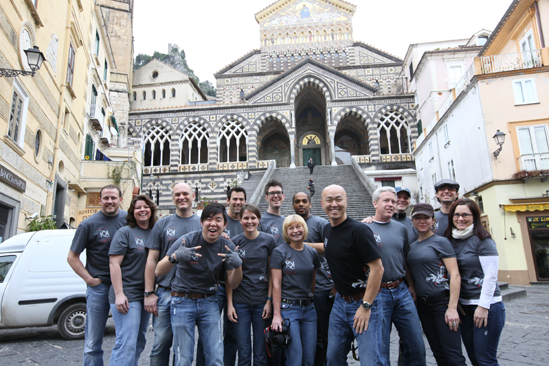
When it comes to networking with other photographers, I believe wedding photography is a collaborative job. People working together can produce better results than one can alone. There are many times when I work with a second or third shooter at my clients' weddings. Likewise, I have been the second or third shooter at other photographers' wedding shoots. In both cases, I often work with the same photographers. I have learned to trust them, and they have learned to trust me. See Appendix 2 for more on working with assistants and second photographers.
Also attending tradeshows, workshops, conventions, and various local meetings will help you grow your network as a photographer. But don't just attend – find ways to get involved and become active in this community. You will share ideas, goals and visions and help sharpen each other into better photographers.
Everything you are as a person influences who you are as a photographer. Don't be afraid to bring your influences and life experiences into your work. It will help define your style and make your photography unique. For example, my first interest in this profession came from my love of sports. While living in Champaign, Illinois, I worked part-time with the college tennis team. One day, the head coach asked me to photograph some of their matches. I had no clue about photography, but thoroughly enjoyed sitting near the court where I was close to the players and action.
As I learned more, I realized I could use my developing skills to photograph other sports like basketball. I contacted the basketball team's media coordinator who granted me a pass to shoot some of the games. Not only did I get out of the crummy nosebleed seats, but I learned that the better I understood the game, the better I became as a photographer. It was all about anticipating the right moments and positioning myself to be at the right place with the right gear, which definitely translates into wedding photography.

Even now, outside sources inspire my wedding style of photography. There is no longer the dichotomy between my personal life and work life; my hobby has become my job, and I love what I do. I travel, get involved in my local community and activities to become a better photographer. For example, I organize workshop called a Kenny Kim PhotoVenture where a group of photographers travels to different countries to experience life outside of their own country. Something about being in another environment, learning about different cultures and lifestyles helps me see things from a different perspective. I try to translate this experience into my business and hope the other attendees do the same.
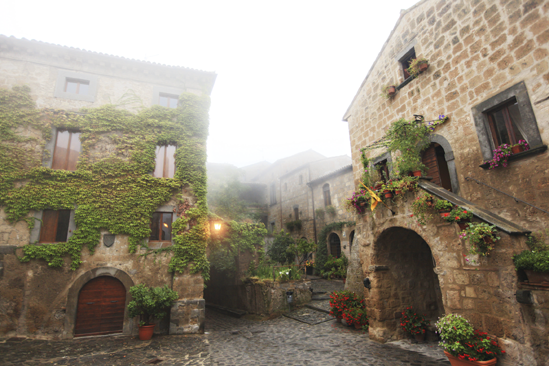
I also volunteer my time and services to worthy causes. Recently I took a trip with a couple of videographers to Tanzania Africa to help document the conditions of that country and their need for clean drinking water. It changed my life and perspective about what to be thankful for. I use this when photographing weddings to try capture the details and emotions that are really important. Even if a trip to Africa is not in your future, there are many worthy causes in your own backyard that can offer great inspiration.
When deciding where to invest in your business, choose areas that can truly help you grow. I believe investing in equipment and education is wise, because these two parallel tracks can really help improve your photography. In my opinion, equipment and education are combined and can't really be separated. It is no good to get the best camera, lenses and accessories and not know how to use them. At the same time, it doesn't pay to get the knowledge and not have the tools to put that knowledge to use.
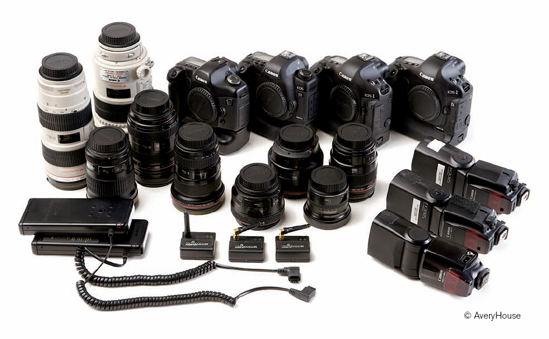
Keep in mind when investing in camera gear that camera manufacturers introduce new and improved models every year. Camera manufacturers continually increase the ISO sensitivity of their camera's sensors and at the same time reduce the amount of noise. While it's probably not necessary to buy the newest camera every year, it is important to keep up with the advances in the technology and upgrade when applicable. Lenses, however, are a different story. Good lenses can last a lifetime, especially if cared for properly. Since it is the lens that controls and focuses the light, always purchase the best lens you can afford.
We talk about the different education choices in Appendix 3, and you will see there are many places where you can spend your hard-earned money. Be sure when selecting classes or workshops to match the skill level of the education with what you need to know. Start with the introductory classes or online training and work toward travel seminars and longer classes. Remember too, that today's digital age requires photographers to be savvy in areas beyond just capturing images. Understanding computers and getting training in various types of software and the digital workflow can increase the speed in which you get the work done.
